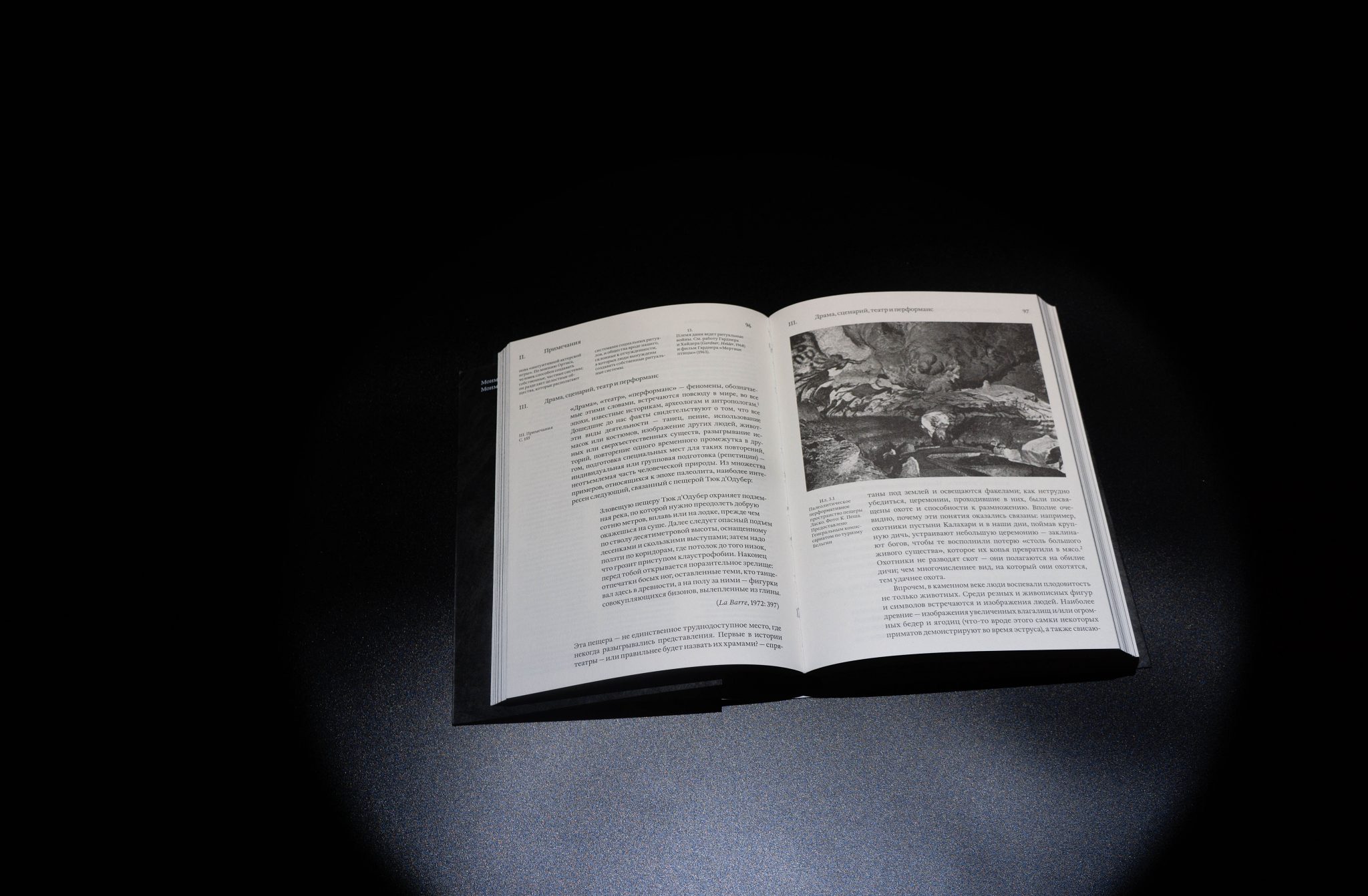Richard Schechner.
Performance Theory
A theatre critic’s view of the role of people in politics, religion, business, and sports.

Richard Schechner is a theatre critic, theatre director, a playwright, a Professor at New York University, and founder of the world's first Department of Performance Studies. He worked as editor of the Tulane Drama Review (TDR, the Drama Review), Director-Producer of the Free Southern Theater, and was artistic director of the experimental theater group The Performance Group.
Richard Schechner was one of the first to explore performativity and came to the conclusion that performance is an integral part of life. It accompanies every human interaction: from the expression of emotions at a meeting to the consideration of a criminal case in the courtroom. A person is always involved in playing roles, even if she is not aware of it. To show how diverse and broad the concept of performance is, Schechner turns to anthropology, philosophy, and aesthetics
"Performance Theory" is intricately connected with the practice of Schechner as a director who has staged ancient dramas, plays by Shakespeare, Chekhov, and Brecht at theatres throughout the world, and Schechner as a researcher of rituals in different cultures.

The book includes texts written by Richard Schechner from 1966 to 1976, as well as later essays first published in 2001.
Performances are usually subjunctive, liminal, dangerous, and duplicitous they are often hedged in with conventions and frames: ways of making the places, the participants, and the events somewhat safe. In these relatively safe make-believe precincts, actions can be carried to extremes, even for fun.
– Richard Schechner
Translator
Anna Aslanian
Editor
Alexander Izvekov
Design and layout
Vasily Kondrashov